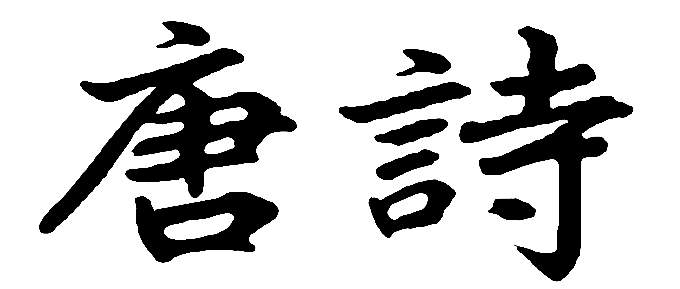

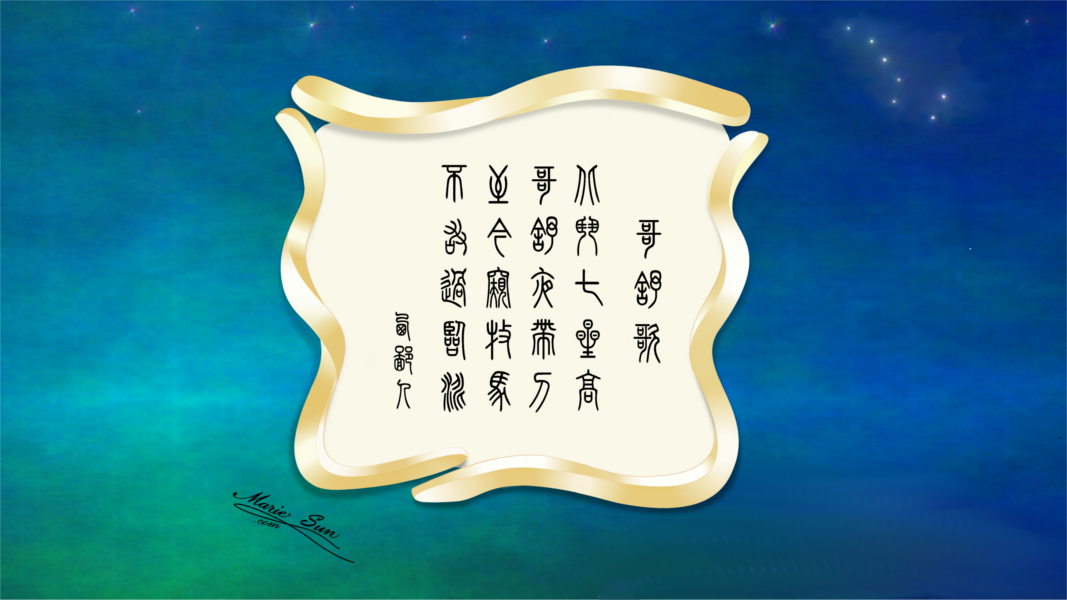
|
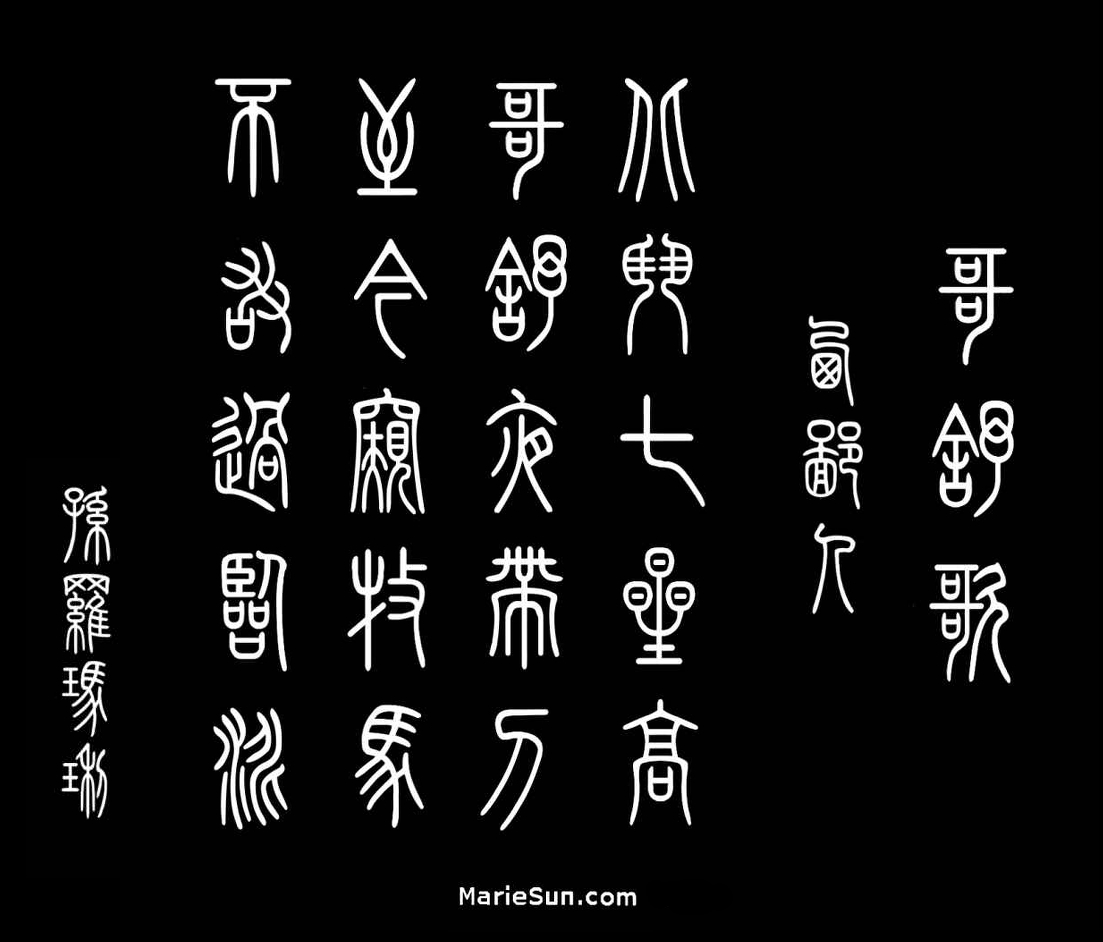 |
|
|
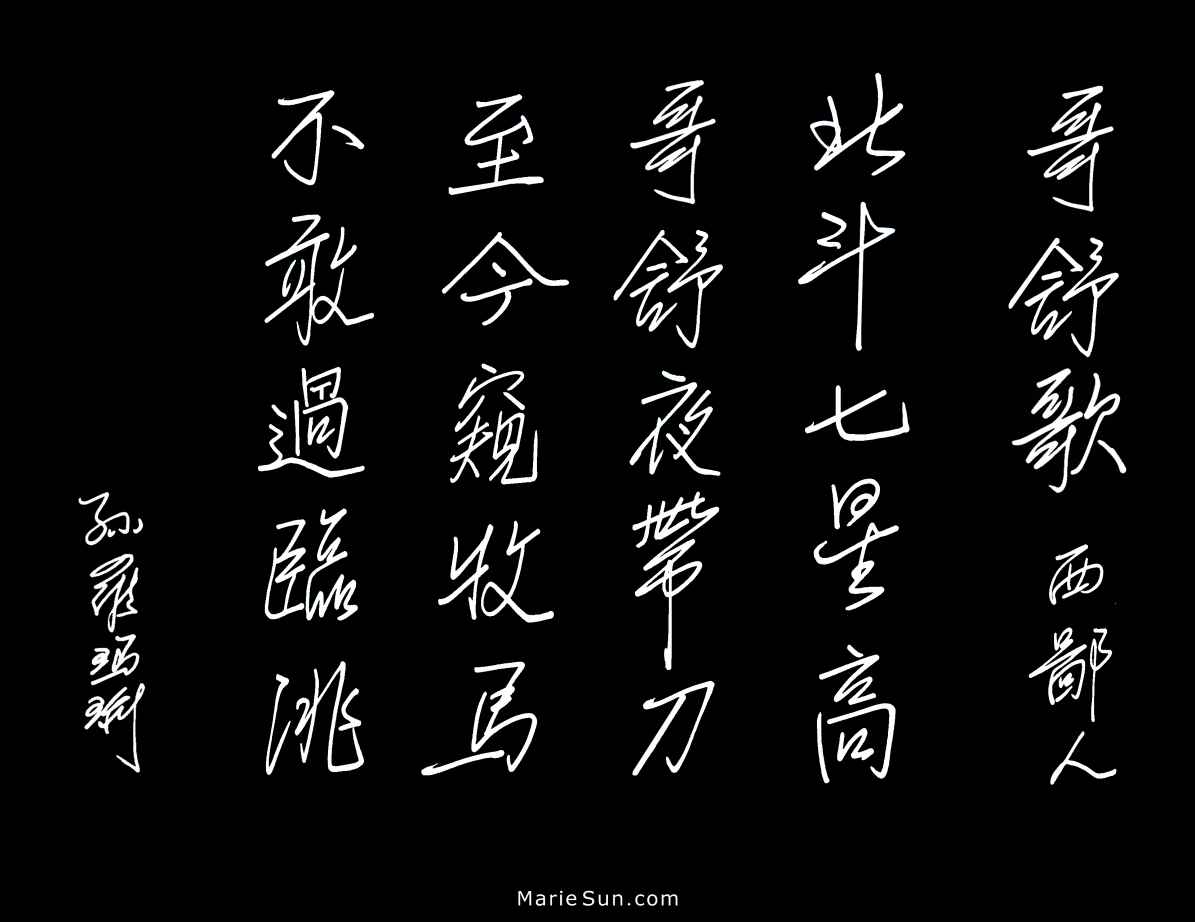
|
poem #31
Geshu Song Xi Biren
The Big Dipper dangling on high,
With sabre, Geshu patrols the night.
Till now, they've been
Peeping at pasture horses,
But, dare not cross Lingtao,
In awe of Geshu's might.
* * *
To listen to a recitation of the poem in Mandarin Chinese.
Recitation 1

Recitation 2
* * *
|
Geshu 哥舒 (Full name Geshu Han 哥舒翰) was a famous general of the Tang Dynasty who defeated multiple Tufan 吐蕃 attacks and hence created himself a sensational name among the Tufan tribes.
Poet Xi Biren wrote this poem to praise the brave, invincible General Geshu's outstanding achievement which well protected the Lingtao area - in general, the area along the east side of Tao River.
In 748, when Geshu stationed at Qinghai Lake 青海湖 area, his Shenwei army was once defeated by Tufan, soon he built a base called Yinglong Castle 應龍城 on an island in the lake itself, as defensive post against Tufan. Since then, With the right strategies and always be prepared in advance, he won every battle whenever Tufan attacked this outpost. Therefore, it was also said that Tufan forces did not dare to come close to Qinghai Lake. Lintao located further southeast of Qinghai Lake by the east side of Tao River hence was well protected. In the poem, Lintao actually means the Tao River. Poet Xi Biren wrote this poem in praising General Geshu's outstanding achievement at far west frontier area Lingtao. Geshu, an excellent military expert and invincible general, yet had a tragic ending. In 755, Geshu took a sick leave from the western border frontier back in Chang'an to treat probably gout and arthritis disease. The same year An Lushan rebellion broke out at Fanyang 范陽, near modern Beijing 北京, and quickly advanced southwest, capturing the eastern capital Luoyang 洛阳. In February 756, An Lushan declared himself Emperor of new state of Yan 燕, and was ready to break through the most important fort - Tongguan/Tong Pass 潼关 - to invade Capital Chang'an. Tongguan, located between Chang'an 长安 and Louyang 洛阳, is about 150 miles to the west of Luoyang and 80 miles to the east of Chang'an. It is on the south side of the Yellow River with rapid turbulance flowing through and on the north side of precipitous Qinling 秦岭. The path to Tongguan was very narrow only allowing one war chariot at a time and its terrain was difficult to pass through either. Due to its geographical significance, it was the most important military strategic fort to Chang'an and its subordinate areas. This was the main pass for people to get in or out of Chang'an's east side and was the only pass for military chariots. Geshu was called in by court to fill in the empty spots left by generals Feng Changqing and Gao Xianzhi 封常清 與 高仙芝 to defend Tongguan against the rebel forces. The two capable generals, Feng and Gao, were just beheaded by the court for not following the military strategies issued by the court. Upon investigation on the terrain of Tongguan, General Gush knew the only and the best way to defend Tang would be the defensive strategy, the same strategy that the two previous generals took. In June of the same year, When the imperial edict kept arriving, urging him to take an immediate action to attack the rebellion forces, Geshu knew his fate - either to fight a no winning battle or to be executed by the court as did his predecessors. Without any other options, he was forced to follow the flawed military strategies as a result of intrigue and machinations on the part of the corrupt and incompetent Prime Minister Yang Guozhong 楊国忠, cousin to Yang Guifei 揚貴妃 - Emperor Tang Ming Huang's favorite consort. Geshu, commanding a 200,000 man strong Tang army at Tongguan, followed the order, confronted An Lushan and his equally large force (or so it was claimed) that had trekked hundreds of kilometers to invade Tongguang. Yet, in the battle, more than 70% of the Tang army perished, with only 8,000 loyal soldiers eventually making their way back. Geshu overwhelmingly lost this key battle. His subordinates saw the hopeless future, intoxicated Geshu, bound him to a horse and took him to surrender to the rebels. Geshu was killed in the rebel army's jail the next year. The Tonggang battle was a watershed moment for the Tang Dynasty, -- as well as for General Geshu. The Tang lost the Tongguan, An Lushan's rebels took over Chang'an, Emperor Tang Minghuang escaped towards Chengdu, and the Crown Prince fled to Lingwu, soon proclaiming himself to be the the new Tang emperor. The An Lushan Rebellion lasted for almost 8 years, ended in February 763, left a widely divided country with continuing local wars, border regions uprisings, the Silk Road around northwest region was cut off, the international trading was interruped for almost 80 years. After bitterly losing this major battle, the Tang Dynasty began its precipitous downward spiral and finally ended in 907. |
Click the map to expand it. 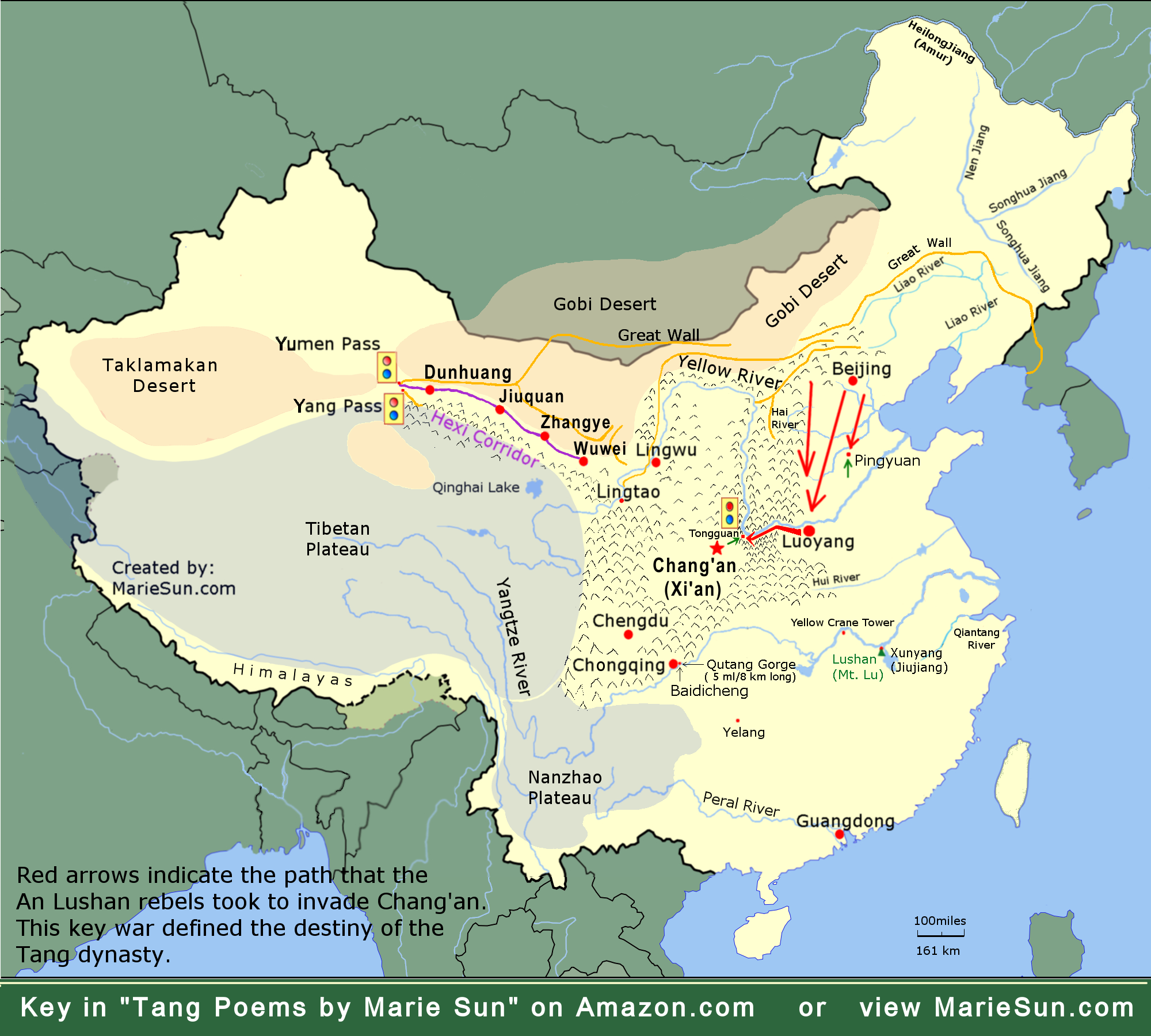
The main pathways that the An Lushan rebels took to invade Tongguan 潼关. |
|
View Tong Pass/Tongguan relics: thru Google,
Baidu,
Bing or
Yahoo.
Note: All the above materials relating to Xi Biren and Geshu Song are extracted from the Tang Poems (2) at Amazon book store. About An Lushan Rebellion may refer to Tang Poems (1), Chapter 5 -- The Turning Point of the Tang. |
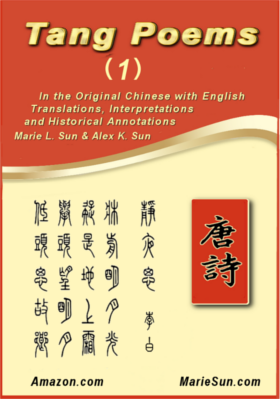
|
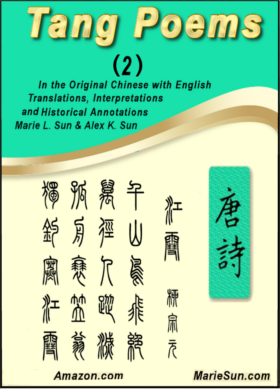
|
| The books are available at (Amazon.com) (US/美国 亚马逊公司/美亚), Amazon.de (Germany ), Amazon.fr (France), Amazon.es (mainly in Spain plus other countries in eCommerce), Amazon.it (Itali), Amazon.nl (Netherland/Holland), Amazon.co.jp (Japan), Amazon.in (India), Amazon.ca (Canada), Amazon.com.br (Brazil), Amazon.com.mx (Mexico), Amazon.com.au (Australia). |
Scan or click the following QR Code for details: 
|
|
|
|
|
|
|
|
|
|
|
|